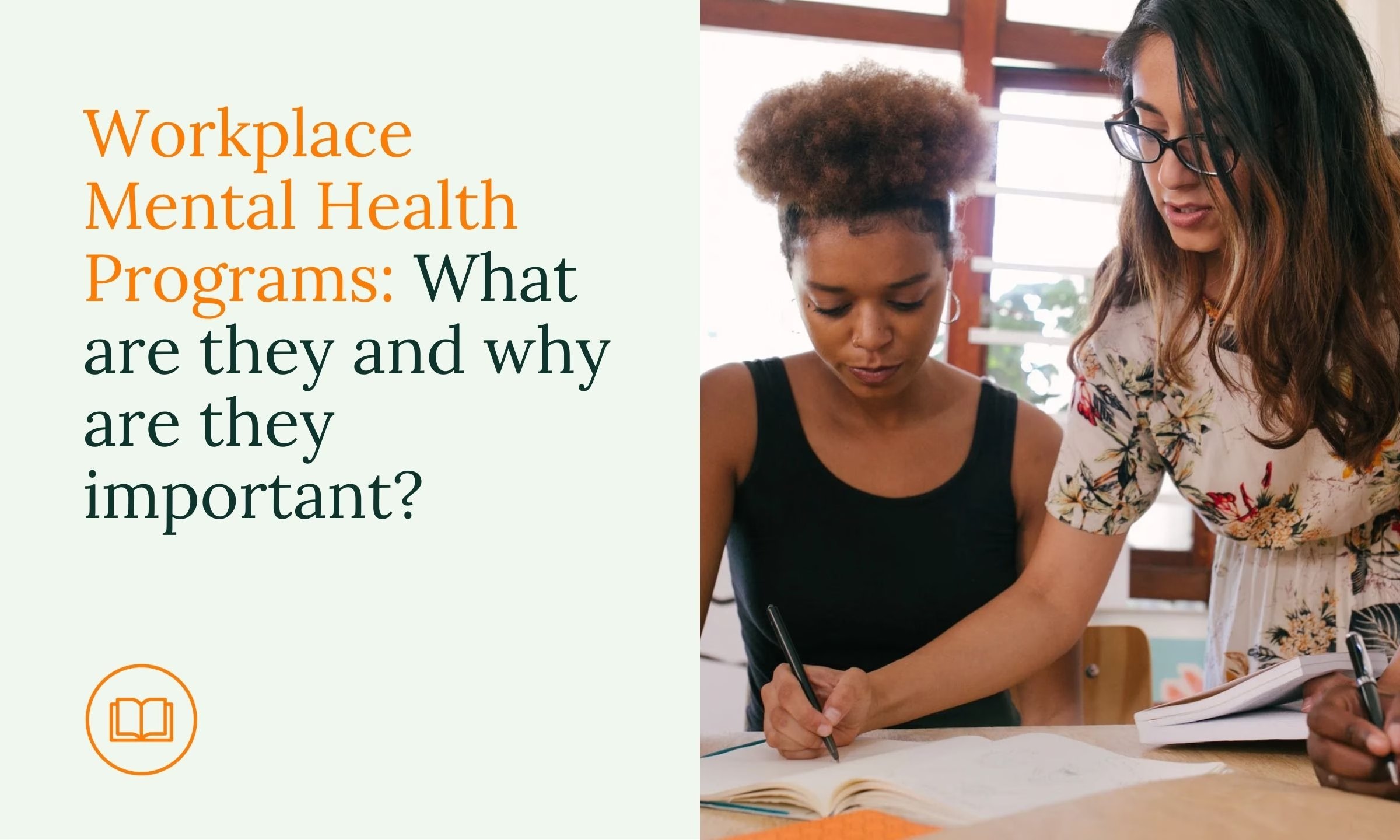Everything you need to know about work, mental health, and HR – from an expert. Join us in our series with Dr. Katharina Koch, a Clinical Psychologist certified in Cognitive Behavioral Therapy and Head of Psychology here at nilo.health. In this edition Katharina will answer frequently asked questions about psychological safety at work
Why is psychological safety important?
Is psychological safety just about being nice to everyone? What if I have criticism for my team?
How do I build psychological safety in my company?

Why is psychological safety important?
Psychological safety means that that you can speak up, share ideas, make mistakes, and express concerns without fear of retaliation or ridicule. It fosters an environment of trust and mutual respect where everyone feels valued and heard. And so it’s important, obviously, because of the way it makes people feel: stronger, happier, safer.
It’s very important in a business setting because people perform better when they feel safer. They are more able to take creative risks, find exciting new ideas, innovate, and problem solve. It drives more employee engagement and the speed and quality of decisions improve.
Is psychological safety just about being nice to everyone? What if I have criticism for my team?
Far from it. Building a psychologically safe company doesn’t mean everyone is happy and getting good news all the time, but rather that criticism is delivered constructively and safely, and processes are transparent so everyone has a sense of trust and understanding in the proceedings.
Managers give employees honest and fair feedback, in a timely manner, so they have a chance to improve — therefore, setting them up to succeed. And any problems are not a nasty surprise, but something that the whole team can work on together.
Amy Edmondson, the academic who first coined the term, says that psychological safety is not all about “being nice” or “feeling comfortable”. Creating a psychologically safe workplace will feel uncomfortable sometimes, because it requires vulnerability and being willing to make mistakes.
Edmonson says, “Anything hard to achieve requires being uncomfortable along the way.” She compares it to being a gymnast — in your training, you push yourself and your body. What’s important is to take risks without getting injured.
How do I build psychological safety in my company?
There are key strategies you can enact as a HR leader to build or improve psychological safety at your workplace. Here are three important ways to get started:
- Establish clear boundaries and ways of working: Your team shouldn’t stay silent for fear of breaking an “unwritten rule”, and this culture of silence is particularly damaging for new employees who don’t have a chance to “learn the rules”. Make sure you communicate the cultural and emotional norms at your workplace, everything from “it’s okay to switch your camera off during meetings” to “it’s okay to ask management to step in and solve problems”. Google found that listing these rules helped new hires increase their productivity by 2% – or about $400 million a year!
- Create a feedback culture: Effective feedback boosts confidence, performance and engagement. A Gallup study showed that 80% of employees who say they have received meaningful feedback in the past week are fully engaged. So make sure your feedback is meaningful – actionable, effective, and frequent enough that employees feel like they have time to solve problems before they become massive issues. A feedback culture should also allow for and even encourage mistakes — mistakes can be fixed, through feedback, and don’t need to be feared or avoided. And make sure that as a leader, you welcome and act on feedback, too: your employees should always feel safe bringing their feedback to you, and they should know that you will make positive changes in the workplace responding to their feedback when possible.
- Lead by example: Try showcasing some of your own vulnerability. Make it clear when you’ve made mistakes, to make it clear that others can, too. Throw ideas at the wall and welcome criticism of your own ideas to show that a healthy discussion only boosts performance. Actively invite input by requesting it, asking questions like “What do you think we should do?” or, when talking about a mistake, “What did we learn?” to create a positive sense of potential, rather than silence or a bad mood in the office.
Want to know more? Sign up for our newsletter, or book a demo today!







